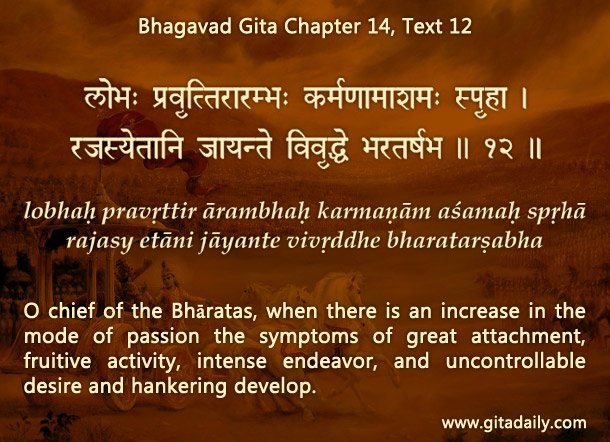We often have a heavy workload that makes us rush in a frenzy from one task to the next. Though we are active, working hard, our frenzied work is frequently unproductive.
Just as a fan that moves at a very high-speed, but gets nowhere, our mind whirls around in anxiety from one thing to the next without getting much done. In many cases, the mental overdrive can even lead to problems such as ADHD (attention deficit hyperactivity disorder). Even if that doesn’t happen, still the whirling mind can exhaust us. And even before we get mentally tired, our mental overdrive sabotages our ability to focus adequately so as to get things done properly. Due to the inattention, we often have to undo and redo things, thereby eroding further our time and energy resources. We are active, but we aren’t productive. Unfortunately, not realizing the difference between the two, we struggle to work harder, doing more activity, and get into greater anxiety, thereby further depleting our productivity.
Such mental overdrive characterizes the mode of passion, which, the Bhagavad-gita (14.12) indicates, impels us to insatiable desire and unceasing activity. The Gita contrasts passion with goodness (14.11), wherein our senses are illumined with knowledge, enabling us to do things effectively.
We can raise ourselves from passion to goodness by spiritual practices such as meditation. However, we feel that our resources are already strained to breaking point and beyond, and so we think that taking time out for spiritual activities such as meditation is an utterly unaffordable luxury. Yet the truth is that often we most need a break for meditation when we feel we have the least time for it. Why? Because meditation shifts the mode in which we function, thereby enabling us access the clarity of goodness and thus translate our activity into not anxiety, but productivity.
Explanation of article:



Leave A Comment